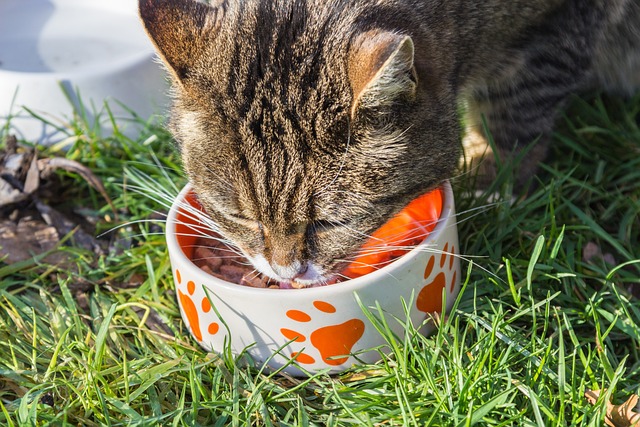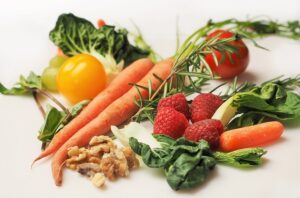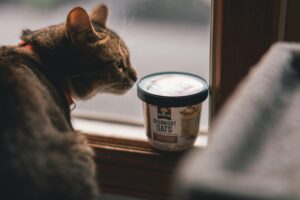Introduction
Eating too much can lead to unhealthy habits and even obesity in your pet; making sure your pet is fed the correct amounts at the right times is vital for their health as well as your happiness. Remember, a specific type of pet may need to be fed more often than another. Guide to Various Common House Pets, Including Dogs and Cats to Fish and Reptiles.
Dog
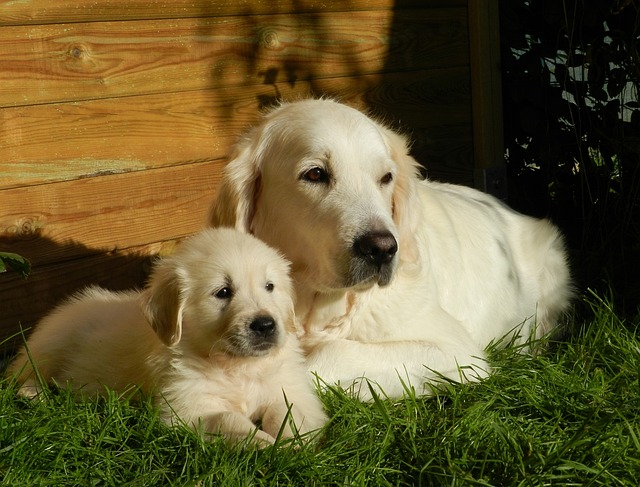
Puppies
The pups are growing like weeds, so they need a titbit here and there when it comes to meals.
- Up to 8 Weeks: Feed 4-6 times a day. They have small stomachs and need frequent nourishment.
- 2-3 Months: Move down to 4 meals. As they get older, they can also eat fewer meals as they grow.
- 3-6 Months: Feed 3 times a day. Their stomach capacity grows, but they still have to eat.
- 6 Months and Older: Change to 2 meals a day Two complete and balanced meals work well for the majority of dogs.
Adult Dogs
Two meals per day is sufficient for most adult dogs.
- Morning: Feed the first meal to give them energy.
- Evening: Feed the second meal to keep them full till the next morning.
Cat
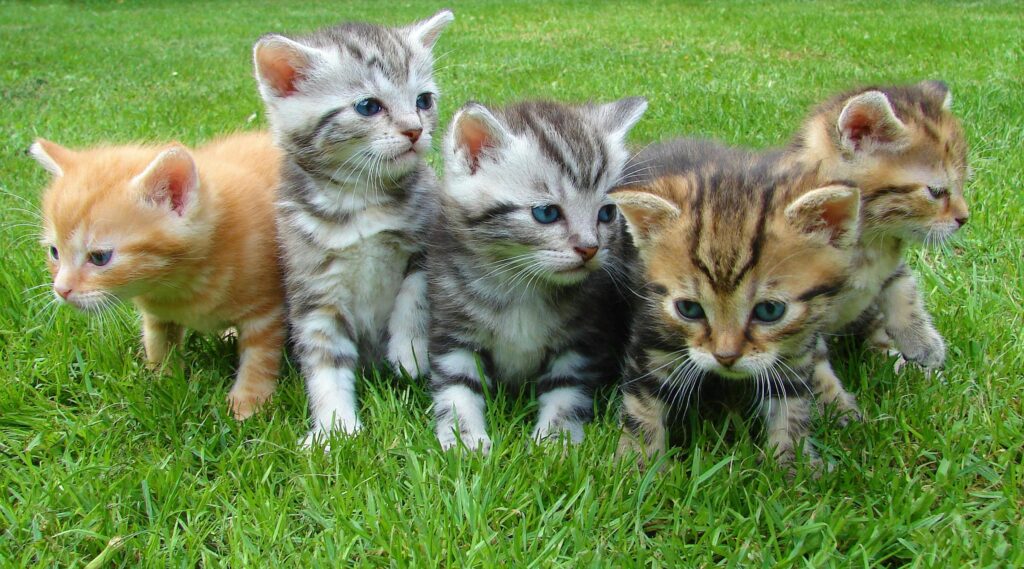
Kittens
Kittens need to eat more often because they grow so fast.
- Up to 6 Months: Feed 4 to 5 times a day. They have high energy needs.
- 6 Months and Older: Reduce to 2 to 3 meals per day. They require fewer meals as they start growing.
Adult Cats
Most cats of mature age can be fed twice a day.
- Morning: The first meal is the most important meal to keep them active.
- Evening: Second meal to avoid going hungry at night.
Fish
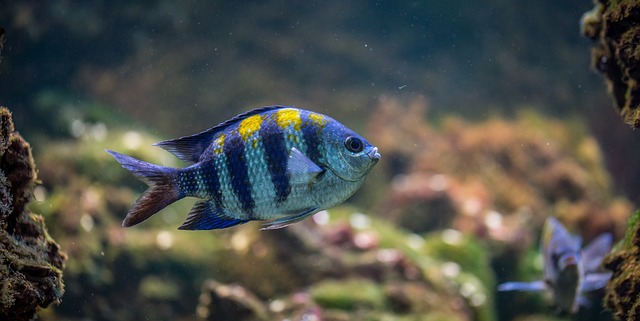
Different fish species have different requirements for feeding.
- Tropical Fish: Keep them fed once or twice daily with only enough food for them to consume within a few minutes so as not to overfeed the species.
- Goldfish: 2 to 3 times a day, in bite-size portions that they will eat quickly.
- Carnivorous Fish: Every other day or less, as they eat larger meals.
Small Rodents (Hamsters, Gerbils, Mice)

Small little rodents are simple enough to feed.
- Daily Feeding: Provide fresh food once a day.
- Snacks and Treats: Moderation Is Key To Avoiding Obesity.
Birds (Parakeets, Canaries, Finches)
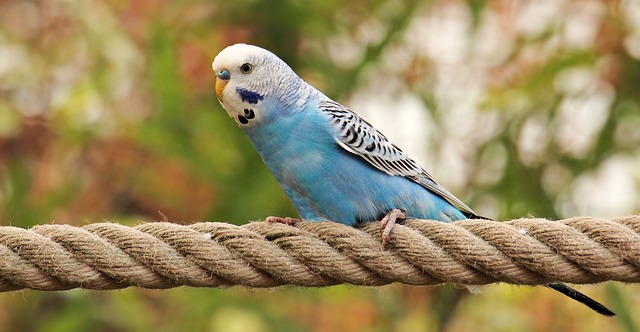
There are different feeding requirements for small and large species of birds.
- Daily Feeding: Offer fresh seeds or pellets daily.
- Fresh Fruits and Vegetables: Daily, but remove any uneaten bits after a couple of hours.
Reptiles (Geckos, Turtles, Snakes)
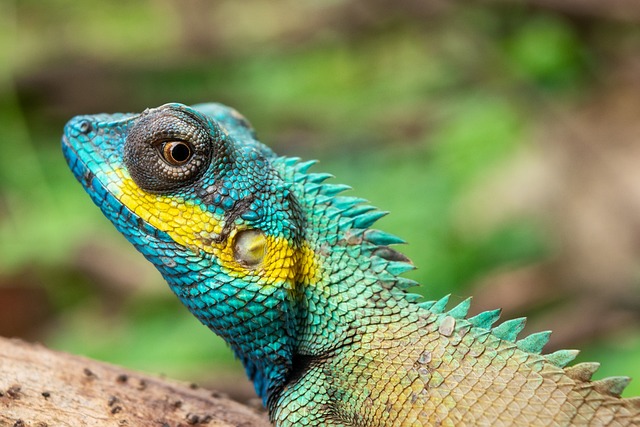
Reptile feeding depends on the species.
- Geckos: Every other day they typically eat insects.
- Turtles: Juvenile turtles daily, adult turtles every other day. Offer a varied diet of greens and pellets.
- Snakes: Once a week to once every two weeks. They eat enough to become bloated and have more than enough room to store crops in their distended stomachs.
Rabbits
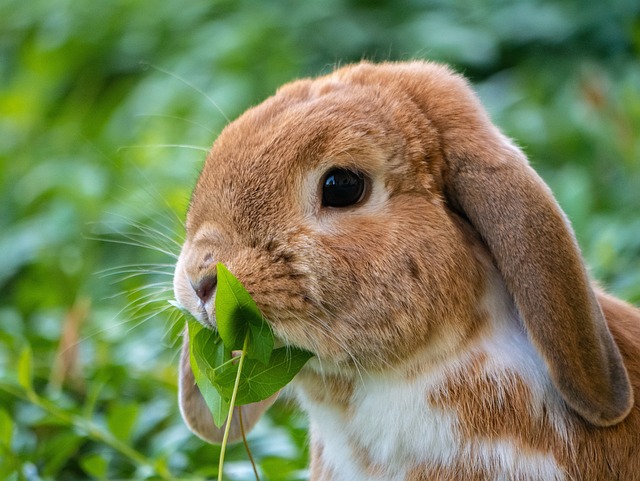
Some foods must always be made available to rabbits.
- Hay: Always available. When it comes to digestion and dental health, the role is essential.
- Pellets: A scoop full once per day.
- Fresh Vegetables: Every day, with 2 other vegetables.
Guinea Pigs
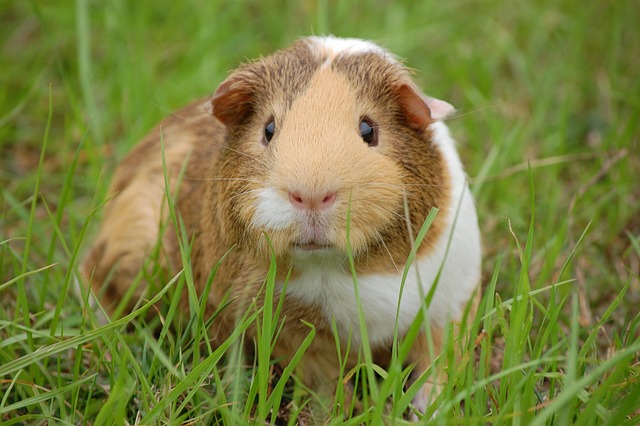
Guinea pigs (cavies) require unrestricted access to specific foods.
- Hay: Good for the stomach & teeth, always available.
- Pellets: A small amount daily and preferably supplemented with vitamin C.
- Fresh Vegetables: Daily, extra emphasis on options that are vitamin C-rich, like bell peppers and greens.
Conclusion
Knowing when to feed your pet and how much can that determine if they are healthy and happy. Because every animal has their own specific needs, it would be wise to talk to your vet about creating a feeding schedule for your pet. The following guidelines will help make sure that your pet will benefit from a balanced, healthy, happy life.

